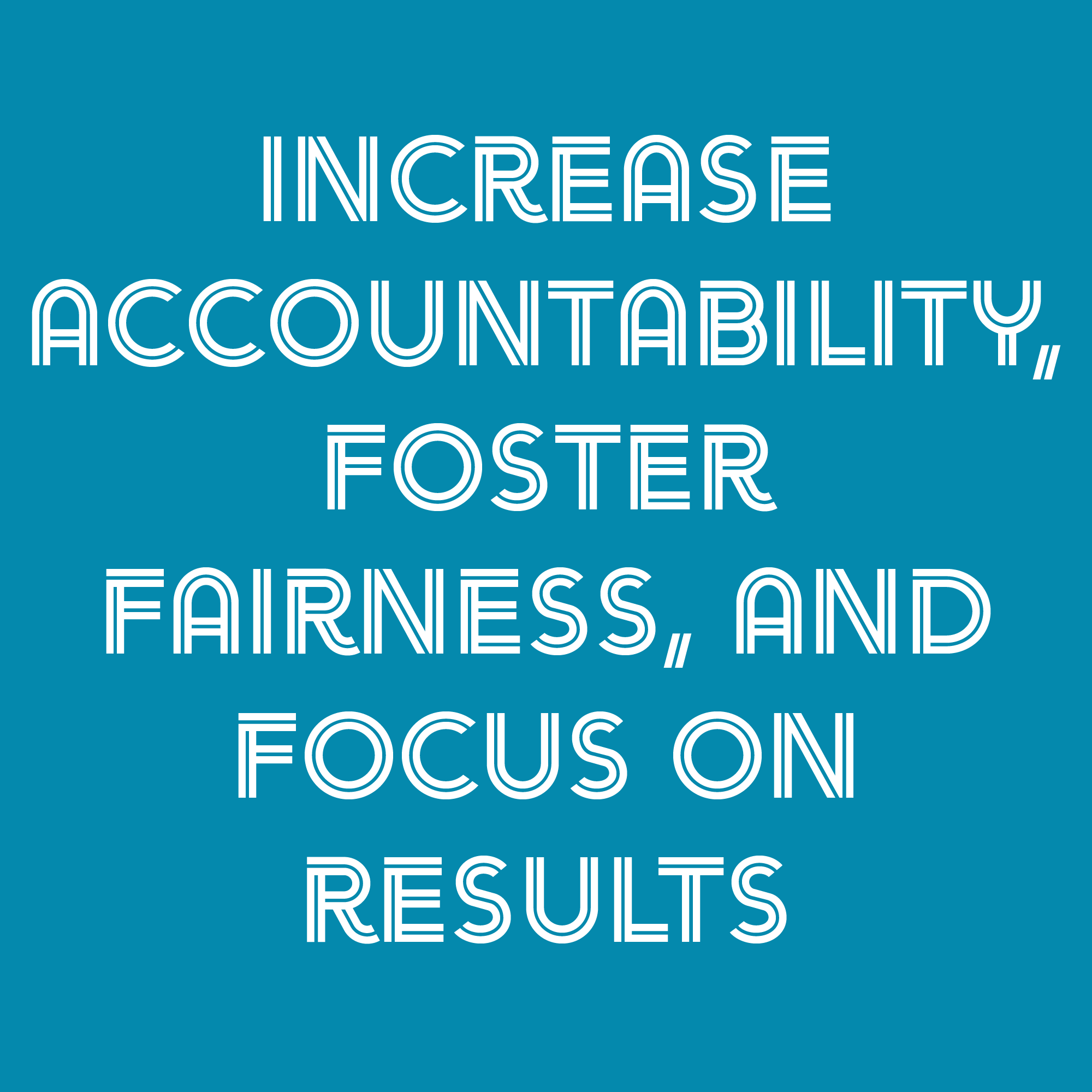Promoting Self-Advocacy and Accountability in Hawaii
The Journey to Success Campaign advocates for federal policy change to achieve better outcomes for youth who have experienced foster care. Many of our recommendations include policies and practices that are already being implemented in states and communities across the country, but could benefit from being available to all youth who spend time in foster care. Our Spotlight on Success series highlights programs and policies that exemplify the recommendations in the Journey to Success policy framework.
Too often, young people in foster care who feel their rights have been violated feel there is no safe place to turn to file a complaint. Those who do speak up often feel that no one believes them, or that it is held against them by staff, administrators, and others who may not feel the young person is being treated unjustly. As a result, young people in foster care may not trust anyone enough to share serious concerns about how they are being treated and having their needs met.
In Hawaii, advocacy from young people with lived experience in foster care and efforts by state legislators and community groups led to the passage of a Foster Youth Bill of Rights. Codified in a 2018 law, the statute clearly establishes the rights they have, such as ensuring having a voice in their own cases and decisions, rights around sibling connections, and allowing young people to participate in extracurricular activities. Although the state had articulated “guiding principles” before the enactment of the law, the legislation named additional supports and protections for young people and created accountability for respecting their rights. The law was informed by testimony and legislative meetings with members of Hawaii's HI H.O.P.E.S. (Helping Our People Envision Success), a group of young people currently or formerly in care. HI H.O.P.E.S is facilitated by EPIC ‘Ohana, the Annie E. Casey Foundation’s Jim Casey Youth Opportunities Initiative site in Hawaii.
While the passage of the law was a huge victory for youth advocates, young people felt strongly that there should be a grievance process they can access if they feel their rights are not being respected. Young people from HI H.O.P.E.S. spent the next 18 months helping to design a new grievance process that they call the Pono Process. While young people are always encouraged to work with their care team to have their needs met and resolve issues, in cases where additional outside support is needed, they can submit a grievance using the Pono Process.
As a first step in the process, a specially trained Pono Navigator with lived experience in foster care speaks to the young person and gathers information that is then sent to their team members. Team members work together to reach a resolution to the complaint. Each grievance is also sent to child welfare administration, including the branch administrator, deputy administrator, section administrator, and supervisor. This helps move the process along and provides oversight to ensure accountability. The young person, at any time, can explore and access legal options, including an attorney and audience with the presiding judge in their case.
EPIC 'Ohana provides training to young people throughout the state to educate them about self-advocacy so they can try to work with their team to have their needs met. In the rare cases where self-advocacy is not enough to have their rights respected, however, young people can access support from those who have also experienced foster care, and, if needed, more senior professionals who can help them through the Pono Process.
Hawaii's Foster Youth Bill of Rights is part of its compliance with requirements in the Preventing Sex Trafficking and Strengthening Families Act of 2014 (H.R. 4980). The National Conference of State Legislatures maintains a listing of similar legislation from other states.




